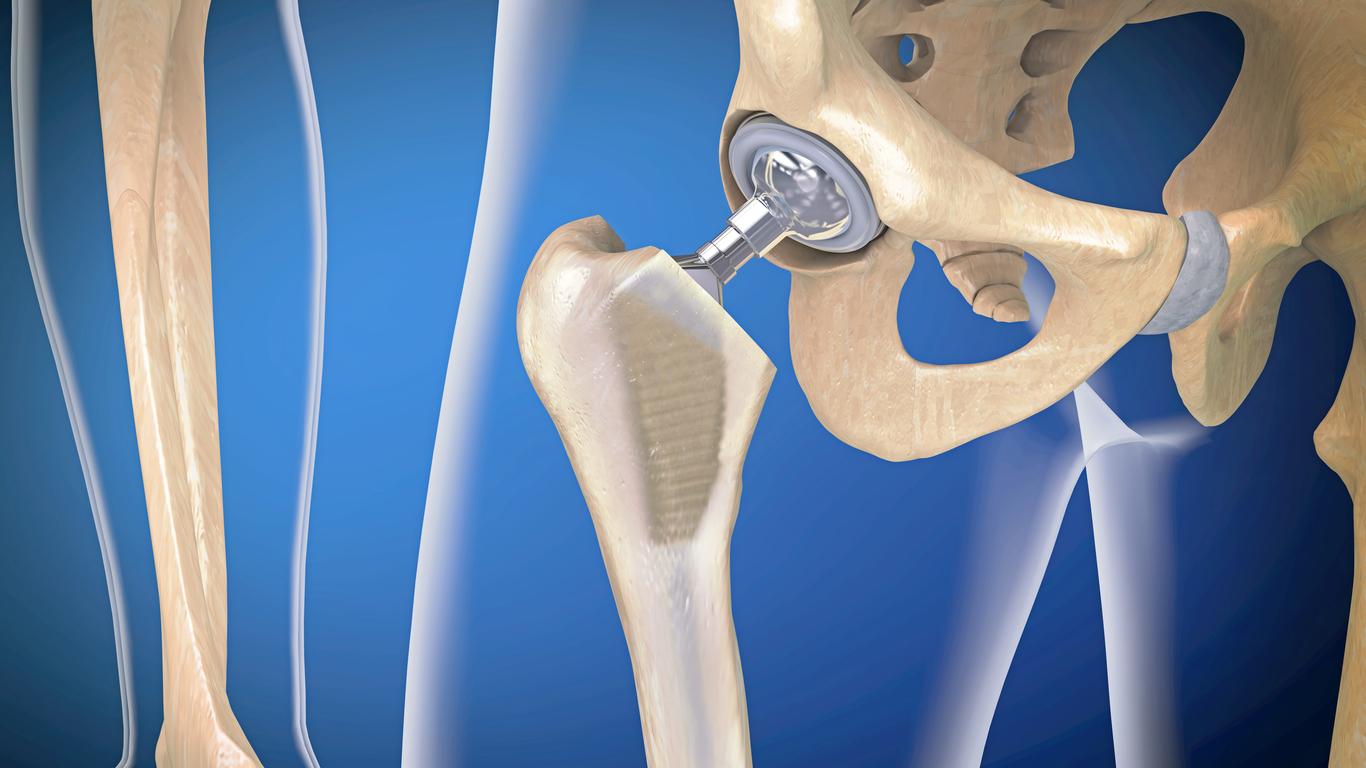
January 3, 2011 – Vegetables in the alliaceae family, such as garlic, onion, shallot and leek, may help prevent osteoarthritis of the hip, study finds1 conducted by British researchers.
Scientists first conducted a survey of around 1,000 healthy women ranging in age from 46 to 77 years old. The cohort, made up of twins, was followed for 9 years. Participants were periodically given questionnaires to learn about their eating habits, followed by x-rays of the joints in their hands, knees and pelvis so that they could look for any potential signs of joint degeneration.
According to the results, the participants who ate the most vegetables had significantly less clinical signs of hip joint deterioration. The authors report that this protective effect was particularly marked in those who consumed large amounts of garlic, onions, shallots and leeks.
Seeking an explanation for this phenomenon, scientists conducted tests in vitro (cell cultures in test tubes). They observed that the allicin contained in alliaceae converts into various sulfur compounds in the body and that at least one of these by-products – diallyl disulfide – would have an anti-inflammatory action which could confer some protection against osteoarthritis.
The fact of having conducted the study with twins made it possible to distinguish the effects of genetics from those of food intake on the incidence of osteoarthritis, argues rheumatologist Francis Williams, who led the team of researchers. According to her, these findings indicate that alliaceae bulbs contain substances that may help prevent, and possibly treat, joint degeneration.
Pierre Lefrançois – PasseportSanté.net
1. Williams FM, Skinner J, Spector TD, et al. Dietary garlic and hip osteoarthritis: evidence of a protective effect and putative mechanism of action. BMC Musculoskelet Disord. 2010 Dec 8; 11 (1): 280.















